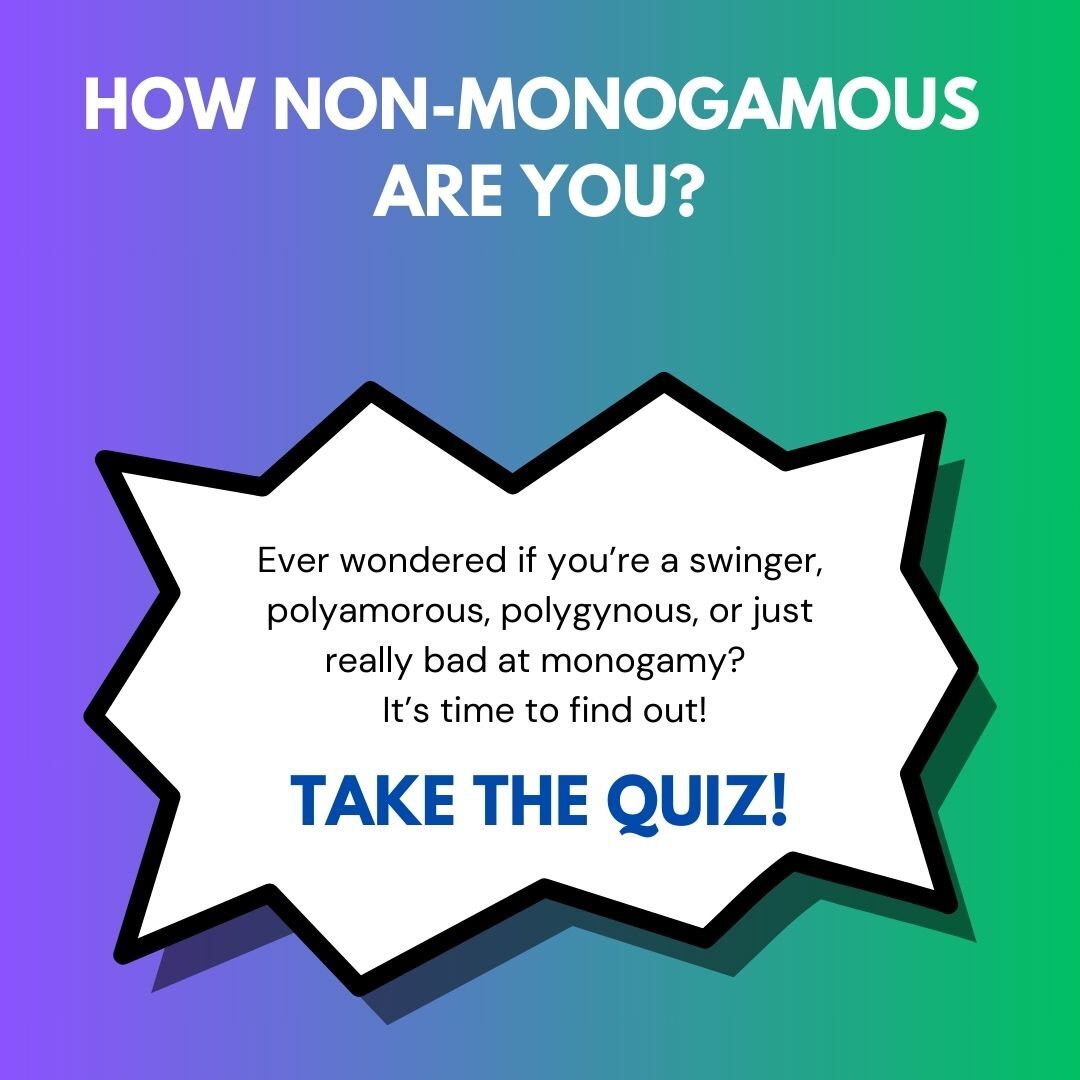What is Ethical Non-Monogamy? A Beginner’s Guide
When it comes to love and relationships, most of us have grown up with a singular narrative: find one person, fall in love, and stay committed to them—exclusively. This idea, while beautiful for some, doesn’t encompass the vast spectrum of human connection and intimacy. Enter ethical non-monogamy (ENM): a relationship style that challenges the traditional norms and offers a framework for exploring love and intimacy beyond exclusivity, all while prioritizing communication, consent, and respect.
As I outline in my book, An African-American Guide to Ethical Non-Monogamy, ENM is not just about adding more partners to your life. It’s about rethinking how we approach love, relationships, and even ourselves. In this guide, I’ll walk you through the basics of ENM and what it means to practice it ethically.
Defining Ethical Non-Monogamy
Ethical non-monogamy refers to any relationship style in which all partners agree to engage in consensual, non-exclusive romantic or sexual relationships. The key word here is ethical. Unlike infidelity, which involves breaking the agreed-upon rules of a relationship, ENM requires open communication and consent from everyone involved.
ENM can take many forms, including:
- Open Relationships: Partners agree to have sexual relationships outside of their primary partnership, with certain boundaries.
- Swinging: Couples consensually engage in sexual activities with others, often together, in social or private settings.
- Polyamory: Individuals maintain multiple romantic relationships simultaneously, with the knowledge and consent of all involved.
- Polygyny and Polyandry: Specific forms of ENM involving one individual with multiple spouses of different genders.
Each of these structures requires thoughtful navigation, as the dynamics can differ significantly depending on the individuals and agreements in place.
The Ethical Component
Ethics in ENM are rooted in honesty, transparency, and mutual respect. Here are the core principles:
- Consent: All parties must agree to the arrangement without coercion or pressure.
- Communication: Open, ongoing dialogue about needs, boundaries, and feelings is essential.
- Boundaries: Setting and respecting boundaries helps maintain trust and emotional safety.
- Accountability: Being responsible for your actions and how they impact your partners is crucial.
In An African-American Guide to Ethical Non-Monogamy, I delve deeper into how these principles play out in real-life scenarios, especially within communities that have historically faced stigmatization around non-traditional relationships.
Why Choose ENM?
For many, the appeal of ENM lies in its flexibility and authenticity. It allows individuals to:
- Explore connections without the constraints of exclusivity.
- Foster deeper self-awareness and emotional growth.
- Create customized relationship structures that suit their unique needs.
However, ENM isn’t a one-size-fits-all solution. It requires emotional maturity, strong communication skills, and a willingness to navigate complex emotions like jealousy and insecurity—topics I cover extensively in my seminars, Journey Into Ethical Non-Monogamy and Jealousy? Understanding the Intersection Between I Love You and F** Off*.
Challenges and How to Navigate Them
While ENM offers many rewards, it’s not without its challenges:
- Jealousy: This is normal, but manageable with communication and introspection.
- Time Management: Balancing multiple relationships requires planning and prioritization.
- Social Stigma: Cultural norms often view non-monogamy as “taboo,” which can create external pressures.
One of the most empowering aspects of ENM is learning to address these challenges with care and compassion, both for yourself and your partners.
The African-American Experience in ENM
In my book, I explore how cultural, historical, and societal factors influence the African-American experience in ENM. Many people of color face unique challenges, such as:
- Stereotypes: Battling societal expectations about sexuality and relationships.
- Community Pressure: Navigating judgment or misunderstanding within close-knit cultural or religious communities.
Despite these hurdles, ENM can also be a pathway to breaking free from societal norms and embracing relationships that feel true to who you are.
Getting Started with ENM
If you’re considering ENM, here are a few steps to help you begin:
- Educate Yourself: Read books (like mine!) and explore resources to understand the landscape of ENM.
- Reflect: Identify your values, desires, and boundaries.
- Communicate: Have honest conversations with current or potential partners about your intentions.
- Seek Support: Coaching or joining ENM communities can provide guidance and connection.
Final Thoughts
Ethical non-monogamy isn’t about “heaving more partners” or “escaping commitment”—it’s about designing relationships that honor your authentic self. It’s about freedom, love, and mutual respect.
As someone who has navigated both monogamy and non-monogamy in my 25-year marriage, I can attest to the transformative power of embracing relationships on your own terms. Whether you’re curious about ENM or ready to take the leap, remember: this journey is yours to define.
Ready to learn more? Take the Ethical Non-Monogamy Quiz. Explore coaching opportunities, my book, and resources at OrganicLoven.com.

